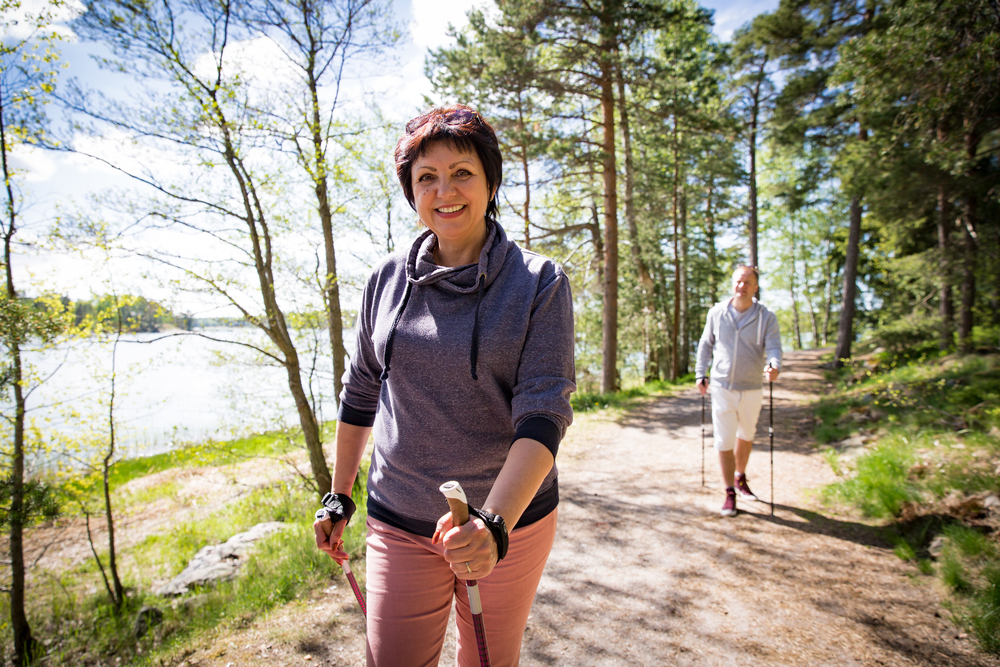We often wait for huge changes to feel fulfilled, but the truth is that small actions can completely shift your mindset, mood, and even long-term health. Science and psychology both agree that subtle changes can cause major positive outcomes. These tiny habits may seem minor on the surface, but they add up in powerful ways. By paying attention to the tiny habits, you can improve your mental clarity, your relationships, and even your physical well-being. Let’s explore 11 of the most powerful habits you can start today that may seem small but can create lasting change.
Starting Your Day with a Glass of Water

Drinking water first thing in the morning kickstarts your metabolism, rehydrates your body after hours of sleep, and supports brain function. While it may seem trivial, this habit improves energy levels and supports digestion. According to Harvard Health, even mild dehydration can impair mood and concentration. That first glass of water in the morning is one of those tiny habits that sets the tone for better decisions all day. Over time, your body becomes more balanced, less prone to fatigue, and better equipped to handle stress.
Writing Down Three Things You’re Grateful For

Gratitude journaling can reshape your entire outlook. Research from the University of California shows that people who write down things they are grateful for each day report higher happiness levels and lower rates of depression. This practice helps rewire your brain to focus on positive experiences, even during challenging times. Just taking two minutes daily to reflect on the good in your life can reduce stress and increase emotional resilience. It is one of those tiny habits that rewires your brain for joy.
Making Your Bed Every Morning

It may sound like a chore, but making your bed daily has been linked to increased productivity, better habits, and even improved sleep. Former Navy SEAL William McRaven famously stated that making your bed means you’ve accomplished the first task of the day. That small victory leads to more wins. The act of creating order first thing in the morning influences how you handle the rest of your tasks. Among the little things you can do, this one creates a surprising ripple effect on discipline and satisfaction.
Saying Thank You More Often

Gratitude is not just about journaling, it also includes expressing thanks to others. Saying thank you more often can improve social bonds, make people feel appreciated, and encourage more positive interactions. Studies from the Greater Good Science Center at UC Berkeley show that regular expressions of gratitude enhance empathy and reduce aggression. These two simple words may not seem life-changing, but they can make a major difference in your relationships. Saying thank you is one of those tiny habits that builds trust over time.
Setting a Regular Sleep and Wake Time

Sleep consistency is more powerful than the number of hours you spend in bed. Your body’s internal clock thrives on rhythm. Going to bed and waking up at the same time every day helps regulate hormones, boosts cognitive function, and strengthens immunity. This habit supports better rest quality, which in turn impacts emotional regulation and decision-making. Among all the tiny habits you can change, this one has an outsized influence on how you feel and function.
Taking a Five-Minute Walk Outside

A short walk outdoors, especially around greenery, reduces stress and improves focus. Research published in Frontiers in Psychology found that even a 5-minute nature walk can lower cortisol levels and restore mental energy. Movement improves circulation and elevates your mood by releasing endorphins. This tiny habit acts as a reset button, especially during stressful workdays. It is one of those small habits that helps you return to a task with greater clarity and calm.
Read More: 5 Morning Habits That Psychologists Say Set Successful People Apart From Others
Putting Your Phone Away During Meals

We are often unaware of how much time we spend staring at screens. Leaving your phone in another room while eating leads to more mindful meals and better digestion. Studies have shown that distracted eating causes people to overeat and miss social cues. By being fully present, you improve your connection with others and become more aware of hunger signals. This is one of those tiny habits that deepens relationships and enhances physical health.
Complimenting Someone Genuinely

Sincere compliments are often underrated. Giving someone a genuine compliment not only lifts their mood but also improves your own sense of empathy and connection. Neuroscience research suggests that both the giver and receiver of compliments experience a boost in dopamine, the feel-good hormone. It is one of those Ttiny Habits that spreads positivity and builds community. The more specific your compliment, the more meaningful the impact becomes.
Taking Three Deep Breaths Before Responding

In moments of stress or frustration, pausing to take three deep breaths can change the outcome of a conversation. This habit engages the parasympathetic nervous system, which helps calm the body and reduce impulsivity. It lowers your heart rate, sharpens focus, and gives you a moment to think. This pause can prevent arguments, encourage thoughtful replies, and protect your relationships. It is one of those little things that keeps emotions from hijacking your decisions.
Using a Weekly To-Do List Instead of Daily Chaos

Planning your week ahead of time helps you feel in control and focused. Instead of reacting to daily demands, a weekly list gives you a big-picture view. According to productivity experts, the brain responds well to structure and prioritization. You make better use of your time and avoid decision fatigue. This planning method is one of those tiny habits that simplifies your life and boosts motivation without overwhelming you each morning.
Smiling at Strangers

You might not think your facial expression matters, but smiling at someone can create a lasting impression. Smiles are contagious, and studies show that seeing a smile can improve someone’s mood and even shift their behavior. Social psychologists call this emotional contagion. A simple smile shows approachability and kindness, which can lead to more positive daily interactions. It is one of those little things that fosters goodwill in a world that often feels disconnected.
Why These Tiny Habits Add Up

Each of these small habits may feel too simple to matter on their own. But science confirms that little things repeated over time form the foundation of long-term mental and physical wellness. Whether you’re trying to build stronger relationships, improve productivity, or just feel better in your daily life, these minor actions carry major potential. The key is consistency. By focusing on the tiny habits, you gradually reprogram your brain, strengthen your routines, and create an environment where growth becomes natural.
Read More: 9 Healthy Habits That Can Help You Replace Doomscrolling for Good
The Bottom Line

You do not need to overhaul your life overnight to feel better or live more meaningfully. Instead, begin with one or two small changes and stick with them. Over time, these little things will compound into big results. The more consistently you apply them, the more you will notice how your habits shape your mindset, health, and interactions. If you are looking for progress, not perfection, the answer is not in giant leaps but in the tiny habits.
Disclaimer: This article was created with AI assistance and edited by a human for accuracy and clarity.

